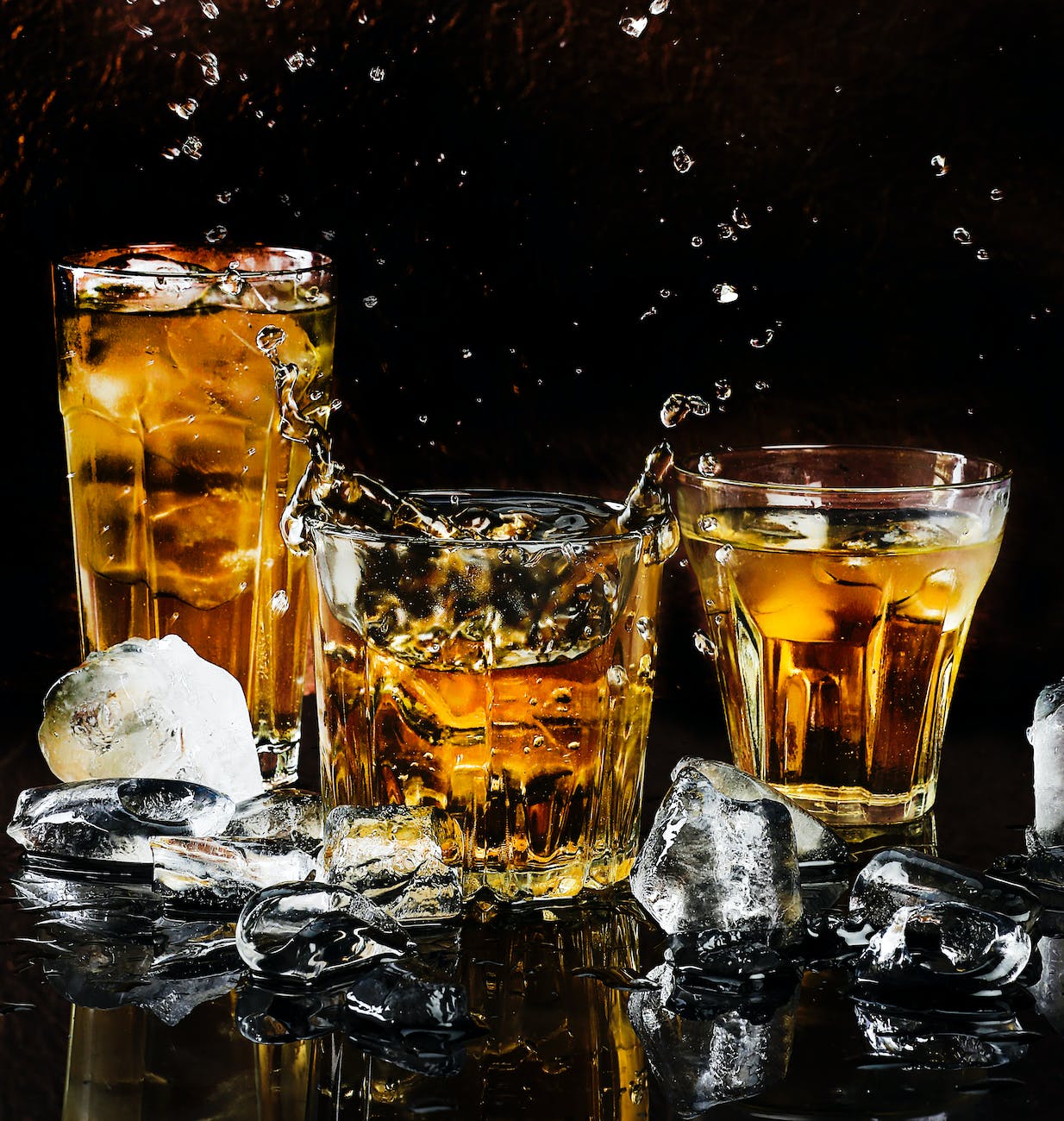
For many, a glass of wine or a cold beer is the perfect way to unwind after a long day. However, if you’ve ever felt a burning sensation in your chest after indulging, you’re not alone. Alcohol can be a significant trigger for heartburn and acid reflux. But why does this happen, and are some drinks worse than others?
Understanding Heartburn and Acid Reflux
Heartburn is a burning sensation felt in the chest, usually after eating. It’s caused by stomach acid irritating the esophagus, the tube connecting the mouth to the stomach. When this happens frequently, it’s known as Gastroesophageal Reflux Disease (GERD).
Why Does Alcohol Trigger Heartburn?
- Relaxation of the LES: Alcohol can relax the lower esophageal sphincter (LES), allowing stomach acid to flow back into the esophagus.
- Increase in Stomach Acid: Some studies suggest that alcohol can increase the production of stomach acid, which can exacerbate heartburn symptoms.
- Irritation of the Stomach and Esophagus: Alcohol can irritate the lining of the stomach and esophagus, making them more susceptible to the harmful effects of acid.
Which Alcoholic Beverages Are More Likely to Cause Heartburn?
- Wine: Both red and white wine can cause heartburn. However, red wine, with its higher tannin content, might be more likely to irritate the stomach and esophagus.
- Beer: The carbonation in beer can cause bloating, leading to increased pressure on the LES, which can, in turn, lead to acid reflux.
- Spirits: Hard liquors like whiskey, vodka, and tequila can be more concentrated and might irritate the stomach lining more than other drinks.
Tips to Reduce Alcohol-Induced Heartburn
- Moderation is Key: Limiting alcohol intake can help reduce the risk of heartburn.
- Avoid Drinking on an Empty Stomach: Having some food in your stomach can help absorb the alcohol and reduce its irritating effects.
- Stay Upright: After drinking, try to stay upright for at least an hour to prevent acid from flowing back into the esophagus.
- Consult with a Healthcare Professional: If you frequently experience heartburn after drinking, it might be a good idea to discuss it with a healthcare professional.
For a deeper understanding of how beverages, including coffee, can impact digestive health, check out this comprehensive guide. If you’re looking for natural remedies to alleviate discomfort caused by alcohol consumption or other triggers, this guide on traditional remedies offers valuable insights.
FAQs on Alcohol and Heartburn
- Why does alcohol trigger heartburn?
Alcohol can relax the lower esophageal sphincter (LES), increase stomach acid production, and irritate the stomach and esophagus lining, leading to heartburn. - Are certain alcoholic beverages more likely to cause heartburn?
Red wine, due to its higher tannin content, and carbonated beers might be more likely to trigger heartburn. Spirits like whiskey and vodka can also irritate the stomach lining. - How can I reduce the risk of heartburn when drinking alcohol?
Drinking in moderation, consuming alcohol with food, and staying upright after drinking can help mitigate the risk. - Is white wine better than red wine for avoiding heartburn?
While both can cause heartburn, red wine might be more irritating due to its higher tannin content. However, individual reactions can vary. - Does the alcohol content in beverages impact heartburn?
Higher alcohol concentrations, as found in spirits, can be more irritating to the stomach and esophagus, potentially increasing heartburn risk. - Can I drink alcohol if I have GERD?
While occasional alcohol consumption might be okay for some, it’s essential to monitor symptoms and consult with a healthcare professional, especially if you have GERD. - Why does beer sometimes cause bloating and heartburn?
The carbonation in beer can lead to bloating, increasing pressure on the LES and potentially causing acid reflux. - Are there any alcoholic beverages that are less likely to cause heartburn?
Low-acidic wines or non-carbonated beers might be gentler on the stomach, but individual reactions can vary. - How does alcohol compare to other beverages like coffee in terms of causing heartburn?
Both alcohol and coffee can relax the LES and increase acid reflux risk. For a detailed comparison, you can refer to this article. - Are there natural remedies to alleviate heartburn caused by alcohol?
Yes, certain herbs and traditional remedies can help soothe the digestive system. For more insights, explore this guide on traditional remedies.
In Conclusion
While alcohol can be a delightful indulgence, it’s essential to understand its potential effects on our digestive health. By being informed and making conscious choices, you can enjoy your favorite drink without the burn.
Note: Individual reactions to alcohol can vary widely. Always drink responsibly and consult with a healthcare professional about persistent heartburn or acid reflux symptoms.
Blog Tags:
Alcohol, Heartburn, Acid Reflux, GERD, Wine, Beer, Spirits, Digestive Health, Stomach Acid, Lower Esophageal Sphincter, Carbonation, Tannin, Natural Remedies.










[…] a deeper understanding of how certain beverages, like alcohol, can impact GERD, check out this comprehensive guide. If you’re curious about the relationship between decaf coffee and GERD, this article offers […]
[…] GERD occurs when stomach acid frequently flows back into the tube connecting your mouth and stomach (esophagus). This acid reflux can irritate the esophagus lining, leading to the familiar burning sensation known as heartburn. For a deeper understanding of how certain beverages, like alcohol, can impact GERD, check out this comprehensive guide. […]